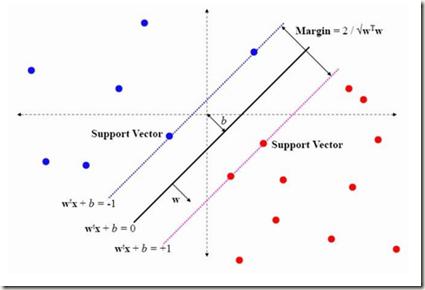Automatic sign language recognition is an important topic within the areas of human-computer interaction and machine learning. On the one hand, it poses a complex challenge that requires the intervention of various knowledge areas, such as video processing, image processing, intelligent systems and linguistics. On the other hand, robust recognition of sign language could assist in the translation process and the integration of hearing-impaired people. This paper offers two main contributions: first, the creation of a database of handshapes for the Argentinian Sign Language (LSA), which is a topic that has barely been discussed so far. Secondly, a technique for image processing, descriptor extraction and subsequent handshape classification using a supervised adaptation of self-organizing maps that is called ProbSom. This technique is compared to others in the state of the art, such as Support Vector Machines (SVM), Random Forests, and Neural Networks. The database that was built contains 800 images with 16 LSA handshapes, and is a first step towards building a comprehensive database of Argentinian signs. The ProbSom-based neural classifier, using the proposed descriptor, achieved an accuracy rate above 90%.
翻译:暂无翻译





